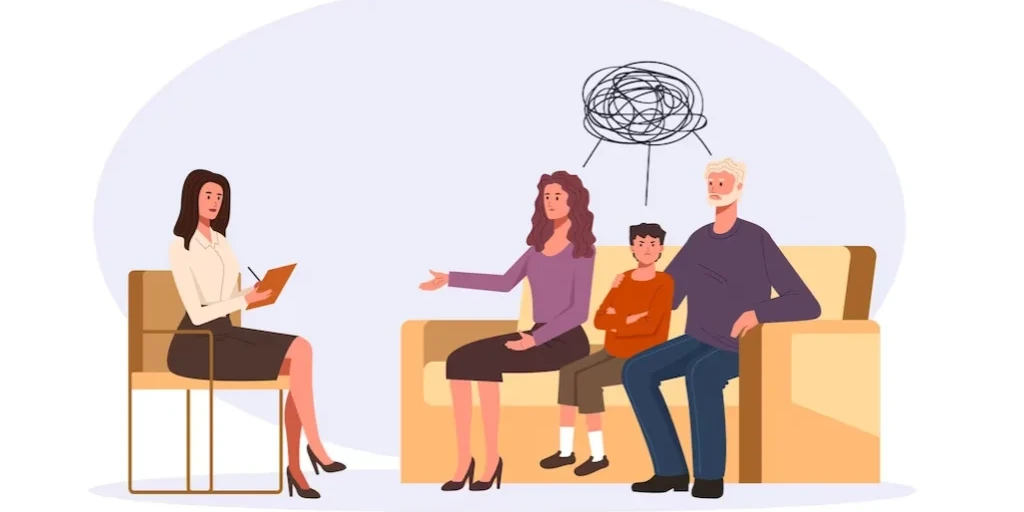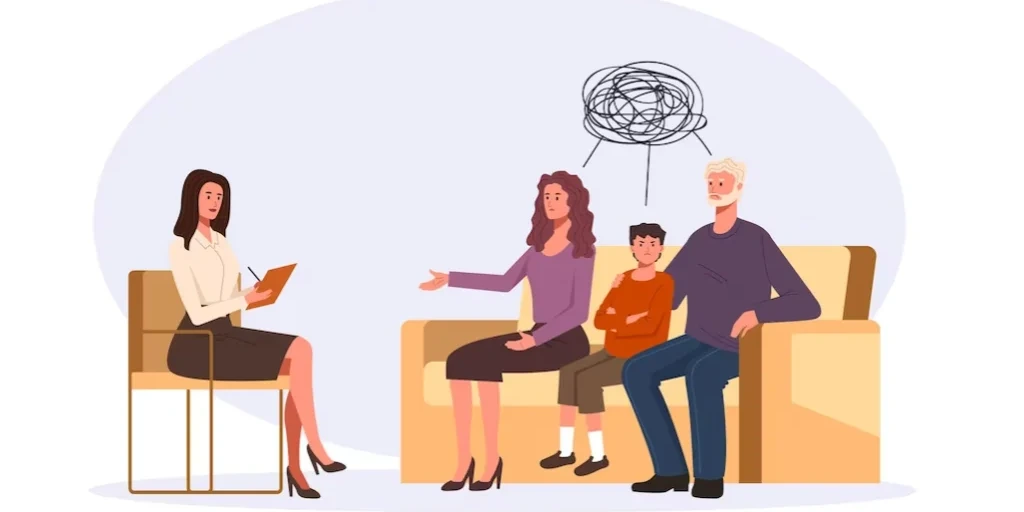24/7 Helpline:
(866) 899-221924/7 Helpline:
(866) 899-2219
Learn more about Eating Disorder Treatment centers in Media
Eating Disorder Treatment in Other Cities

Other Insurance Options

PHCS Network

GEHA

Premera

WellPoint

Aetna

UMR

Coventry Health Care

Evernorth

Medical Mutual of Ohio

Oxford

UnitedHealth Group

Magellan

Carleon

Regence

Lucent

Private insurance

ComPsych

Self-pay options

Optum

Cigna

Focus Psychological Associates
Focus Psychological Associates offers outpatient treatment for individuals with alcohol and/or subst...

Family and Community Services
Family and Community Services is a private rehab located in Media, Pennsylvania. Family and Communit...

Providence Treatment
Providence Treatment offers outpatient and inpatient treatment for individuals with alcohol and/or s...
























County Seat Behavioral Health
County Seat Behavioral Health is a private rehab located in Media, PA. County Seat Behavioral Health...

Rehab After Work
Rehab After Work is a licensed intensive outpatient drug and alcohol treatment program which has bee...

Chimes – Holcomb Behavioral Health Systems
Chimes - Holcomb Behavioral Health Systems provides services for children and adults who may be deal...








